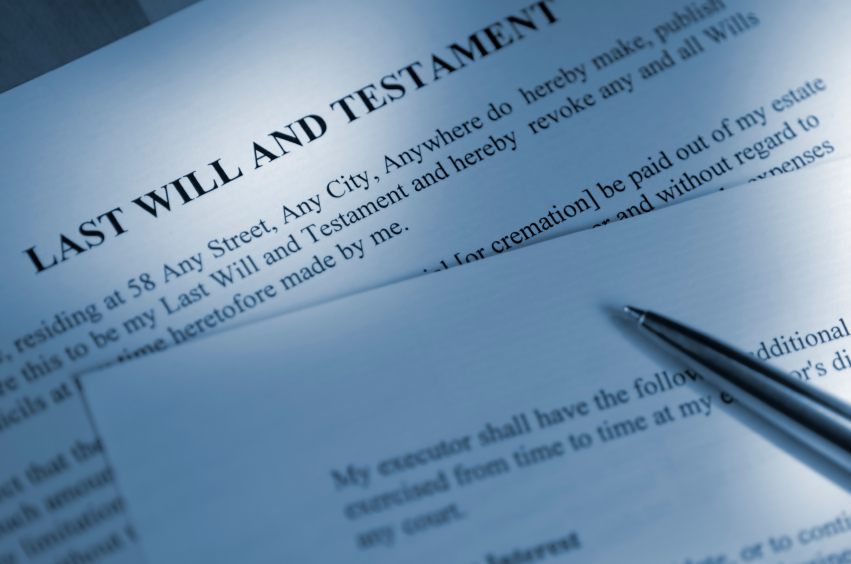
Your Will handles your belongings after you pass away. It can also nominate a Guardian for any children or other dependents you may have. NOTE: It only takes effect after your death. Handling things during life requires at least a “General Power of Attorney,” preferably along with a “Health Care Power of Attorney” and a “Living Will” (or “Advance Directive”).
In Utah, a printed Will requires two witnesses to its signing, along with a notary.
A Will should contain a “Self-Attestation Clause” at the end, which is a sworn affidavit by the witnesses that they did see the signing in person, and that they certify under oath that the signer did so without being forced. This usually allows the Will to be probated “informally,” which is much faster and cheaper to do.
A Will can be “holographic,” meaning completely hand-written. In Utah a holographic Will doesn’t require any witnesses, but will then have to go through formal probate for authentication, which is more costly and takes much longer than the informal probate process mentioned above. As long as you’re creating a Will, it might as well be type-written (computer printed) and include the self-attestation clause, and under the care of an experienced estate planning attorney who understands what should be included in the document to avoid problems down the road.
A Revocable Living Trust can avoid probate entirely as to those assets actually transferred into it.
Assets held in “Joint Tenancy with Rights of Survivorship” also pass to the surviving joint tenant without the need for probate proceedings in court. Most married couples who own a home, for example, hold it in Joint Tenancy.
Finally, some account-type assets also pass to death beneficiaries without the need for probate. Examples include retirement accounts and insurances, among others. NOTE: This probate-free transfer can only take place if the account holder/owner has specified people as death beneficiaries. It’s usually safest to list your spouse (by name) first, and your children (also by name) as “contingent beneficiaries” in case your spouse passes on before you do.
You can see why learning what all the estate documents do — and don’t do — can be so crucial in avoiding unfortunate situations for your heirs.